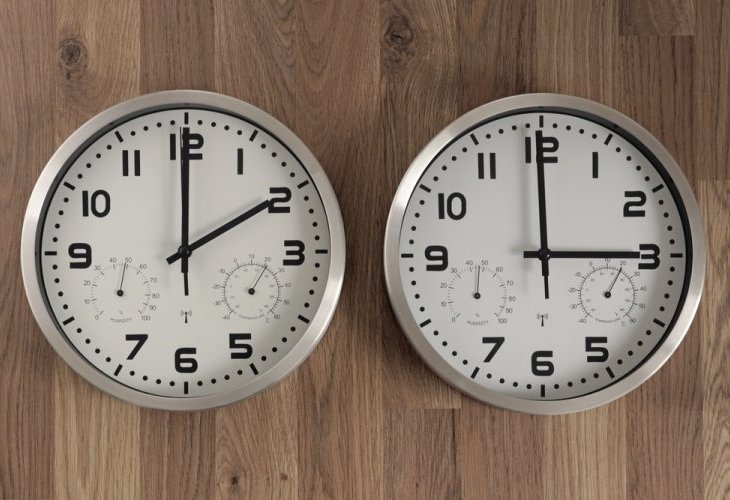Is Daylight Saving Time Making Us Gain Weight?
Dr. Maya Roseman shares insights on how shifting the clock forward might impact your waistline.
 (Photo: shutterstock)
(Photo: shutterstock)Last Thursday, we moved the clock forward for daylight saving time. Along with the extra daylight, we lost an hour of sleep. Dr. Maya Roseman discussed on her 103FM radio show whether there's a connection between changing the clock and weight gain, and her answer left listeners floored.
"What's better for weight management – standard time or daylight saving time? Here are some points to consider: Fatigue can lead to weight gain. When we switch to daylight saving time, we lose an hour of sleep, causing some of us to feel tired. This fatigue can increase our cravings for sweets, often without us even realizing it, because sweets provide quick energy and a wake-up call," she explained.
Roseman added, "Interestingly, during standard time when it gets darker earlier, there's typically less serotonin and more eating. On the other hand, with more daylight, people tend to go out more, enjoying ice creams or dining at restaurants."
"Our habits – sometimes the body communicates independent of the clock. If I feel hungry at a certain hour in the evening or morning, should I wait for the 'right' time or listen to my body? This can create a slight confusion that might lead to higher calorie intake until our bodies adjust. So, what's preferable for weight management, standard time or daylight saving time? Theories suggest daylight saving time is better. Long hours of darkness result in lower serotonin secretion. A drop in serotonin levels can also diminish mood, which might subconsciously increase cravings for carbohydrates believed by many to improve mood."
Dr. Roseman concluded by explaining that "In winter, we naturally feel less inclined to go out, leading to more time at home with snacks readily available, ultimately increasing calorie consumption. She highlighted another factor to consider in winter – "Cold weather can enhance hunger because one way the body warms itself is through eating. Subconsciously, we tend to feel hungrier when it's cold compared to hot, sweltering weather, which can suppress appetite."

